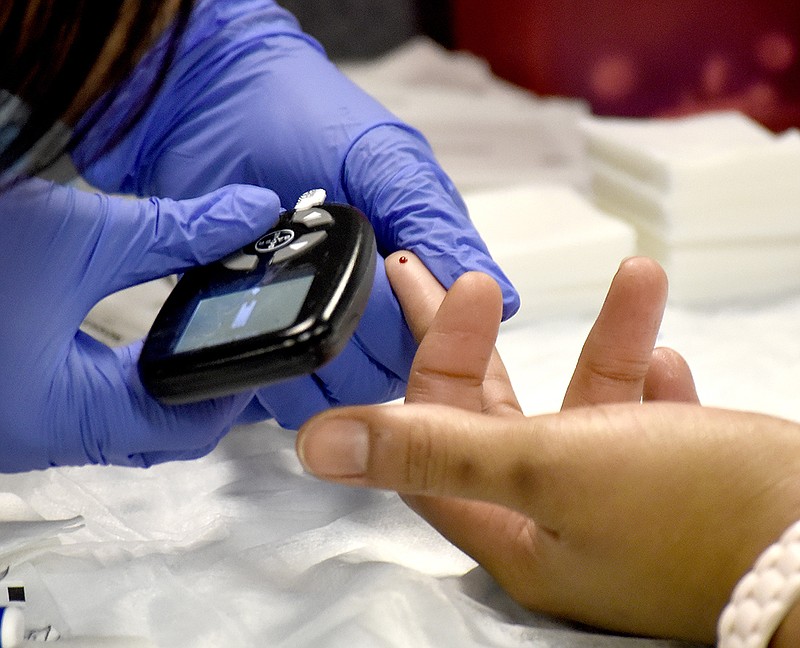Wasteful spending could account for half of the approximately $3.5 trillion America spends on health care, an expert told members of the U.S. Senate Health Committee on Tuesday.
Dr. Brent James, a professor at Stanford University School Of Medicine, was one of four experts who testified during the second in a series of health care cost hearings, which focused on reducing excess or unnecessary health care spending.
"Midpoint estimates suggest as much as $1.8 trillion in recoverable waste," James said, adding that more than half of that waste is funded through government.
Committee chairman Lamar Alexander, R-Tenn., called those figures "astonishing," and categorized wasteful spending two ways: unnecessary spending - like using an expensive MRI to diagnose a problem that could've been detected with a cheaper X-ray - and lack of preventative care that leads to the development of more costly and complicated chronic diseases.
"Unnecessary spending is a burden on the health care system and on the patients who undergo tests and procedures that may not be medically necessary who then are stuck with the bill," Alexander said. "We need to find ways to improve care and maximize the quality of health care the patients do receive."
He recalled the story of a retired engineer from Tennessee with multiple conditions - diabetes, high blood pressure, depression and chronic pancreatitis - who visited Vanderbilt University Medical Center's emergency room 11 times last year and was admitted to the hospital three times.
After this patient began participating in Vanderbilt's Familiar Faces program, which targets individuals who frequently cycle through the system, he was able to avoid the expensive emergency room and hospital completely.
Dr. Jeff Balser, CEO of Vanderbilt University Medical Center who also spoke during the hearing, said that in most other industries, these unnecessary services would be considered "sloppiness."
"The root causes are predominantly system failures in our ability to effectively communicate - not only in transmitting the key information about our patients and the care they are receiving, but also shortcomings in the decision support that clinicians need to provide care that is timely and costeffective," Balser said.
After hearing the testimonies outlining the situation's gravity, Alexander called for suggestions to steps lawmakers could take to begin reducing the waste.
Common themes included reducing complexity, increasing price transparency, improving communication within and across health care systems and further reforming payment methods to focus on outcomes and value rather than number of services.
The next Senate hearing aimed at better understanding the drivers of health care spending will be held on July 31.
Contact staff writer Elizabeth Fite at efite@timesfreepress.com or 423-757-6673.
